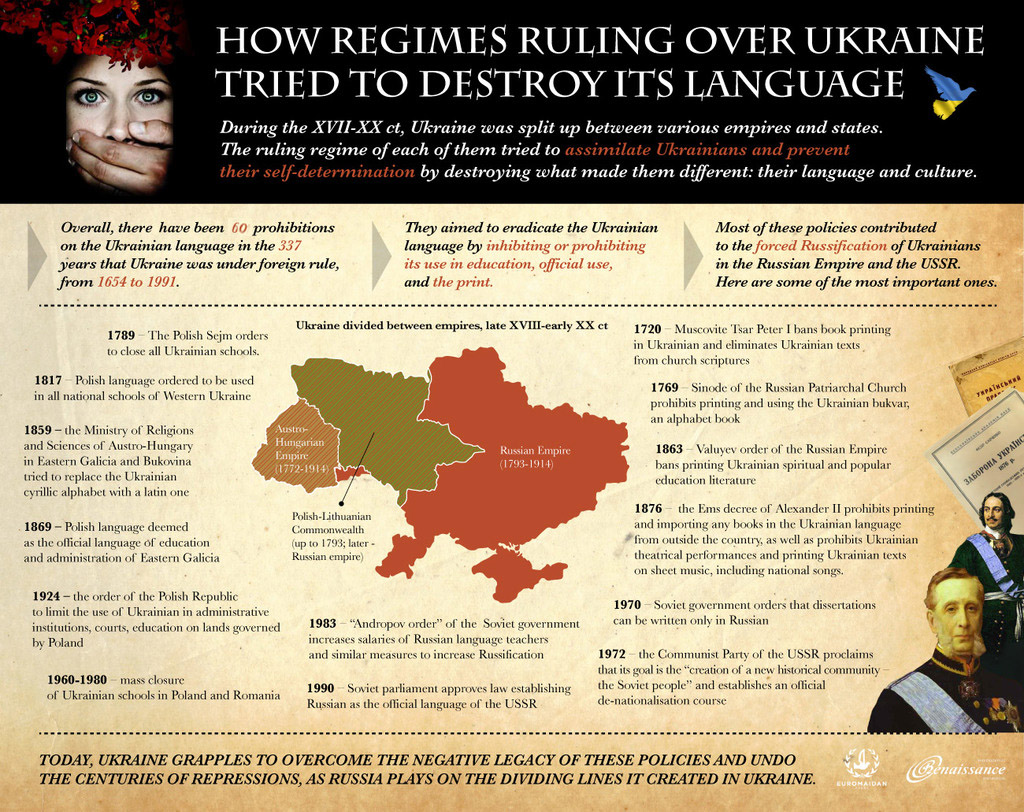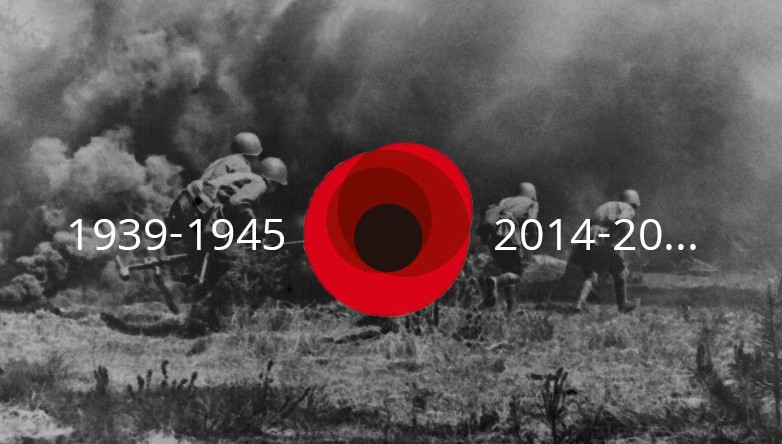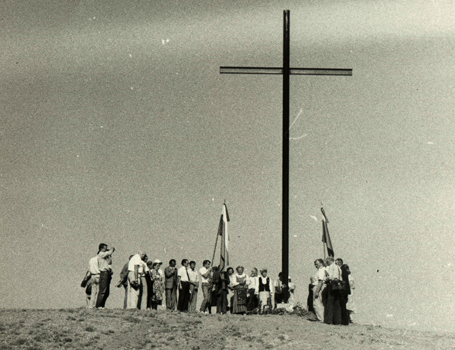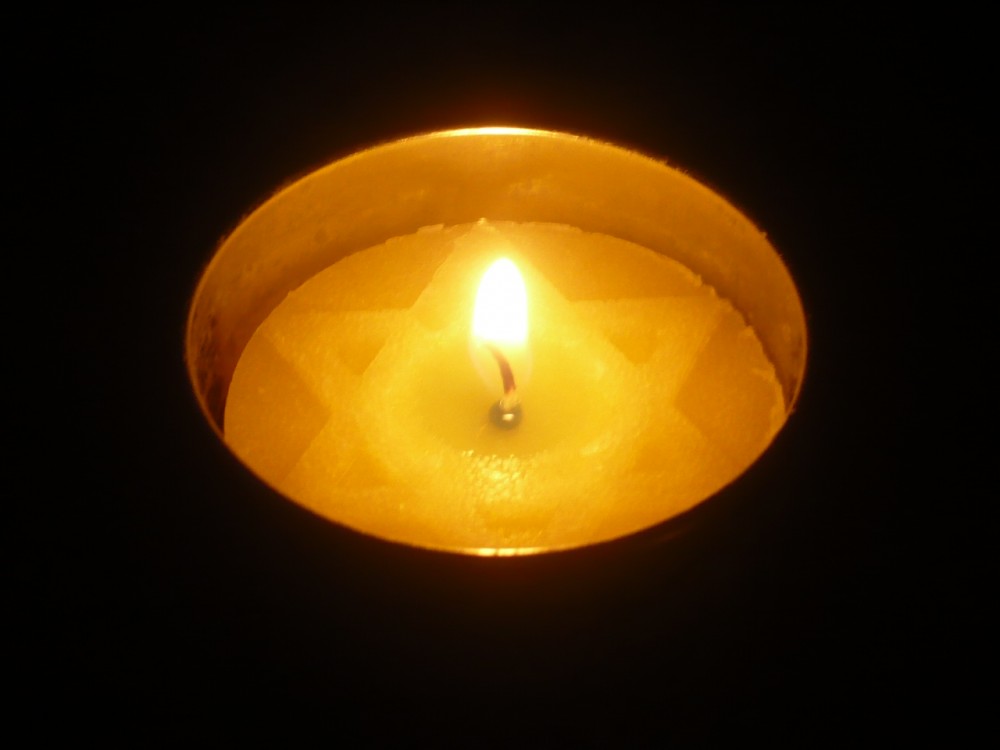The books confiscated from the Ukrainian Library will probably be taken to another location, which won’t be called “Ukrainian” (a dangerous word per se!), and will not resemble - at least provisionally - a cultural institution of another nation, whose language and culture Russia is actually fighting and trying to destroy.
The war against the Library of Ukrainian Literature in Moscow began long before Russian tanks appeared in Crimea and the Donbas. The library was founded during perestroika, when many ideas, events and associations were successfully launched. The library was not funded by the Russian state or the city of Moscow, but by ordinary people. However, when the Kremlin understood that Ukraine was actually going through a political and cultural revival, it did its utmost to prevent the library from developing… to prove that “we are one people”. This requires, first of all, to destroy anything that is culturally unique, which is the case of the Ukrainian library located right in the heart of Moscow.
We can argue until we’re blue in the face about what really defines a Ukrainian patriot, what role language plays in national identity, and whether it’s useful or necessary to raise the language issue in times of an economic crisis. However, Russia has no such doubts: to eliminate Ukraine, we need to eliminate its language, they say… so that Ukrainians will forget their homeland and speak only the language of their "brotherly" neighbour.

There have never been any Ukrainian schools in Russia despite the millions of ethnic Ukrainian living there. There have never been any Ukrainian-speaking higher educational institutions. There have never been any Ukrainian TV channels or radio stations, or even radio programs (except for the one I created in the nineties on Ekho Moskvy radio). Ukrainian cultural organizations appeared as late as the nineties and are under constant pressure and scrutiny. At present, after a long struggle, the only Ukrainian library in Russia has been closed. Just compare the situation of the Ukrainian language in Russia with the situation of the Russian language in Ukraine and you’ll see the difference. Then, you may spit in the face of people that accuse Ukraine of practicing “language discrimination”.
We should never forget Russia’s language policy - an outright disregard for the Ukrainian language, just as their utter disregard for the Belarusian language. In the past, this disdain was not only reflected in repeated tsarist decrees, but also by the contempt expressed by leading Russian intellectuals. Vissarion Belinsky, a reputed Russian literary critics advised Taras Shevchenko to stop writing in a “peasant dialect”. Moscow and St. Petersburg literary salons looked down on Ukrainian, and firmly believed that nothing worthy could be created with this “country dialect”. And if such is the case - why should anyone speak this dialect? Wouldn’t it be better to help these “peasants speak properly”?

This was all a lie. The Russian empire certainly made sure that Ukrainian was relegated to the villages. It created government bans and decrees, as well as difficult conditions for Ukrainian in urban areas; it drove the language into the country, linking it and Ukraine’s inferiority complex to a civilizational concept.
Although in Soviet times the Ukrainian language was allowed in cities at times, this was done by force, decree and regulations, and always used as a weapon of Bolshevik ideology. So, when Russia began driving Ukrainian from Ukrainian cities again, many people heaved a sigh of relief.
We can’t deny that Russia has achieved some measure of success. Virtually no Ukrainian can be heard in the territories occupied by Russia (Crimea and the Donbas-Ed.), and nothing has been done about it. Even the distant regions settled by Ukrainians, which became part of the Russian Federation, don’t speak the language. They don’t even debate on which language should be spoken – theirs or the foreign one. Everyone speaks Russian.
Therefore, the only place where the Ukrainian language can grow, develop and survive is Ukraine, that is in russified Ukraine, where for centuries the native language was left by the wayside; in Ukraine, where peasants from small towns or villages who moved to an industrial centre first had to learn to speak “like humans” – or be scorned; in Ukraine, where Ukrainians and anything Ukrainian should have disappeared… but didn’t.
That’s why in the face of Russian aggression we must build and create optimal conditions to preserve our language. This isn’t only about government decisions. The State is nothing without the people. Russians have always supported the Kremlin’s chauvinist policies; they have always been in the forefront of Russification - and that is why Russia has been so successful in wiping out our identity, why the Ukrainian language has become an “aboriginal language” in our own country.

I don’t believe in imposing policies by decree or forcing ideas down people’s throats. I understand that you can’t make people speak a language they haven’t mastered. I have no doubt that most Russian-speaking Ukrainians are patriots. That’s why I believe in each person’s strength, the virtue of patriotism and love of one’s country. Just look around you and assess the danger! You should understand that the Russian empire is arrogant, deceitful, and bloodthirsty - fighting not only against your country, but also against the Ukrainian language.
If you are a Russian-speaking patriot and have never spoken Ukrainian, it may be time to start learning the language of the country where you live. If you think you can’t achieve this, make sure your children and grandchildren know it. Take an interest in Ukrainian culture!
Stop believing that Moscow is the centre of the universe and that when things get better in Russia, you’ll be able to see more Russian plays and films, which, of course, are so much better than our “provincial” ones… This is just a manifestation of your ingrained inferiority complex! Ukraine is just like Russia or Poland, a country with a rich history and culture… and a beautiful language.
If Ukraine remains Russian-speaking, it will always be considered a Russian region, a small part of the Russian empire… whether it’s called Bryansk, Kursk or Kyiv. But a Ukrainian-speaking Ukraine will be real country, a place where there’s no room for inferiority, where feelings of inadequacy and mediocrity will be replaced by dignity and respect.





